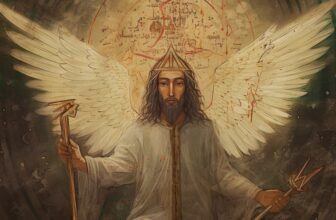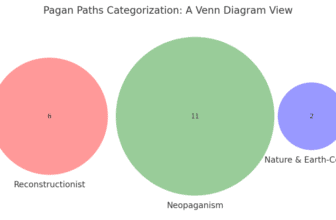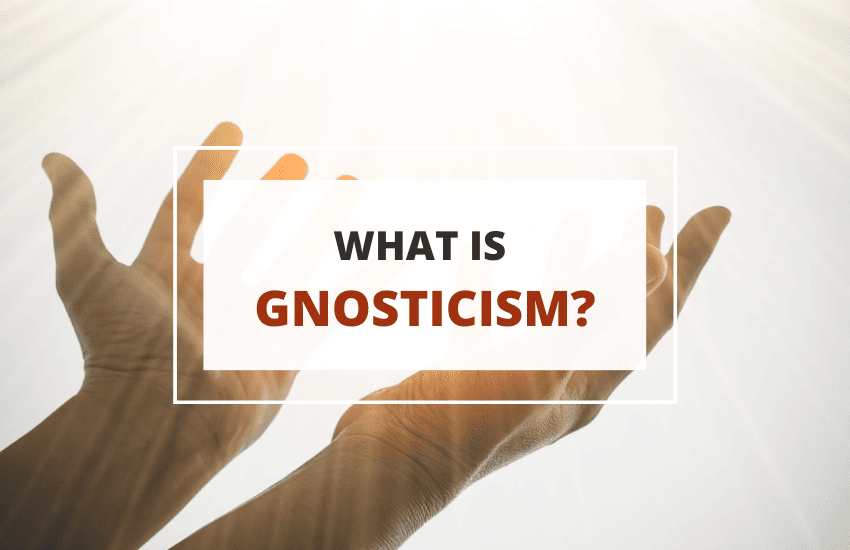
Table of Contents
Derived from the Greek word Gnosis which means ‘knowledge’ or ‘to know’, Gnosticism was a religious movement that believed that there existed secret knowledge, a secret revelation of Jesus Christ that revealed the key to salvation.
Gnosticism was a diverse set of teachings both religious and philosophical with some fundamental concepts that bound the believers under Gnosis or Gnosticism, such as the anti-cosmic world rejection.
History and Origin of Gnosticism
The beliefs and philosophies of Gnosticism is said to have originated with the ideological movements in ancient Greece and Rome during the 1st and 2nd century of the Christian Era. Some of the teachings of Gnosticism may have emerged even before the emergence of Christianity.
The term Gnosticism was coined only recently by the philosopher of religion and a popular English poet, Henry More. The term is related to the ancient Greek religious groups known as gnostikoi, meaning those who have knowledge or gnosis. Plato too used gnostikoi to describe an intellectual and academic dimension of learning opposed to the practical methods.
Gnosticism is said to have been influenced by various early treatises such as the Jewish Apocalyptic writings, the Corpus Hermeticum, the Hebrew Scriptures, Platonic philosophy and so on.
The Gnostic God

According to the Gnostics, there is one ultimate and transcendent God who is the True God. It is said that the True God exists beyond all created universes but never created anything. However, everything and every substance present in all the existing worlds is something brought forth from within the True God.
The Divine cosmos where the True God exists with the deific beings known as Aeons is known as the realm of Fullness, or Pleroma, where all divinity exists and operates to its full potential. The existence of the humans and the material world in contrast is emptiness. One such Aeonial being that is of great importance to the Gnostics is Sophia.
The Error of Sophia
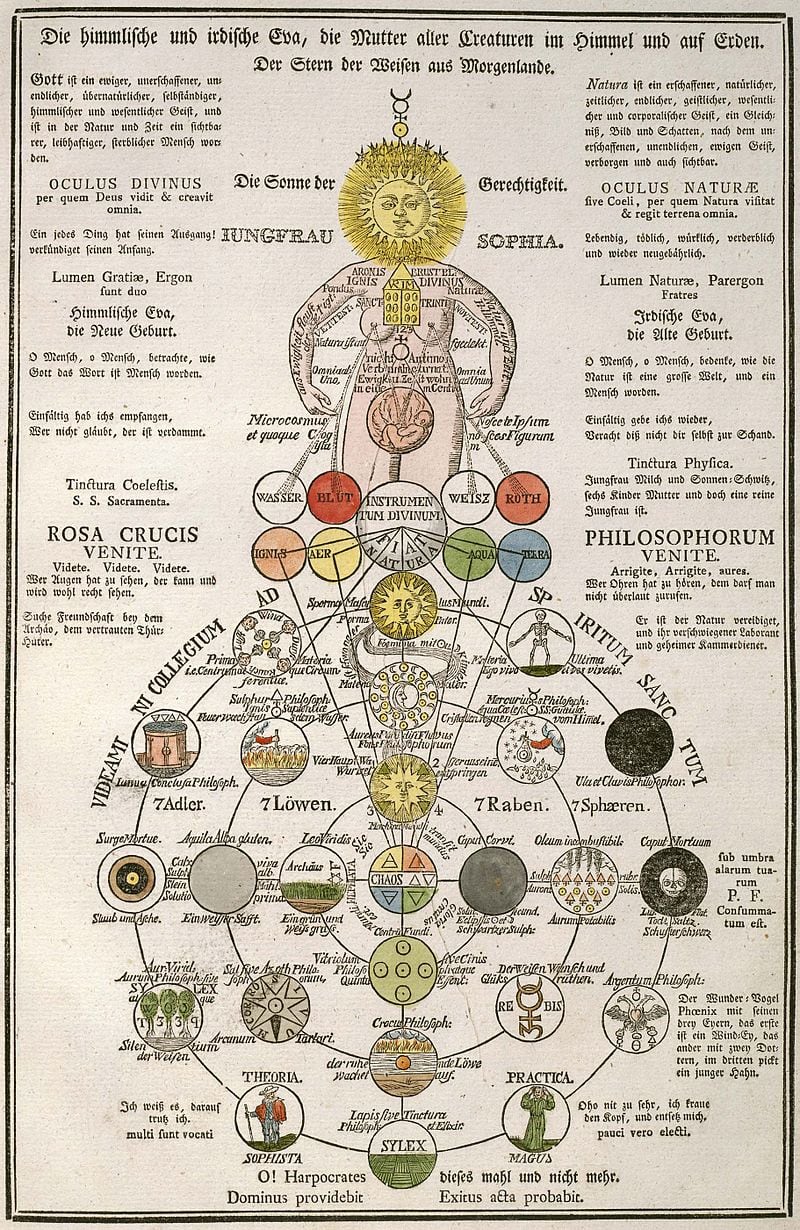
Gnostics believe that the world we live is, which is the material cosmos is in fact the result of an error made by a divine or aeonial being known as Sophia, Logos, or Wisdom. Sophia created the ignorant semi-divine creature called Demiurge, known as the craftsman, when she tried to emanate her own creation.
In its ignorance the Demiurge created the physical world also known as the material cosmos as an imitation of the realm of Pleroma, the divine cosmos. Without even knowing of the existence of Pleroma, it declared itself as the only God existing in the cosmos.
Due to this, the Gnostics view the world as a product of nothing but error and ignorance. They believe that at the end, the human soul will eventually return to the higher world from this inferior cosmos.
In Gnosticism, it is believed that there was a pre- Adam and Eve era which was before the manifestation of humans in the Garden of Eden. The fall of Adam and Eve only occurred because of the physical creation by the Demiurge. Before creation there was only oneness with the eternal God.
After the creation of the physical world, to save the humans, Sophia in the form of Logos arrived on Earth with the teachings of the original androgyny and the methods to reunite with God.
The False God
The Demiurge or the half maker, who emanated from the flawed consciousness of Sophia is said to have created the physical world in the image of its own flaw by using the already existing divine essence of the True God. Along with his minions known as Archons, it believed itself to be the absolute ruler and God of the cosmos.
Their mission is to keep humans ignorant of the divine spark within them, the true nature and destinies of the humans, which is to rejoin the True God in Pleroma. They foster ignorance by keeping humans bound by materialistic desires. This causes humans to be enslaved in the physical world of suffering by the Demiurge and the Archons, never attaining liberation.
Gnosticism propounds that death does not mean automatic salvation or liberation from the Demiurge’s cosmic realm. Only those who attained the transcendental knowledge and realized the true origins of the world would be freed from the trap of the Demiurge and the cycle of rebirths. It was the constant efforts to strive for gnosis that made it possible to enter Pleroma.
Beliefs of Gnosticism
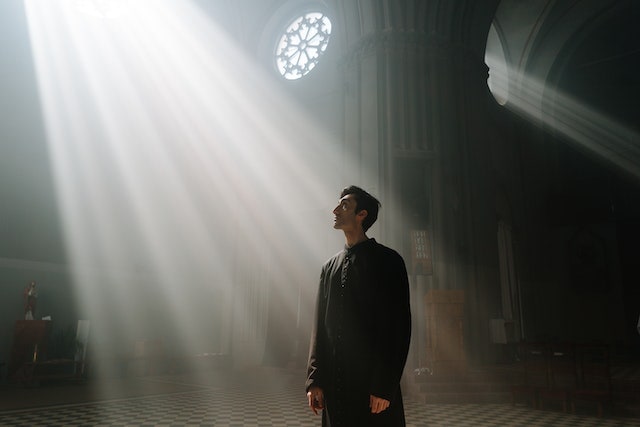
- Many Gnostic concepts are akin to the existentialism, a school of philosophy, which explores the meaning behind the existence of humans. The Gnostics too ask themselves questions such as ‘what is the meaning of life?’; ‘Who am I?’, ‘Why am I here?’ And ‘Where do I come from?’. One of the greatest traits of Gnostics is the common human nature of reflecting upon existence.
- Although the questions they ask are purely of philosophical nature, the answers that Gnosticism provides are more inclined towards religious doctrine, spirituality, and mysticism.
- The Gnostics believed in the union of gender and the idea of androgyny. There was only oneness with God and the final state of the human soul was to regain this union of gender. They believe that Christ was sent to Earth by God to restore the original cosmos Pleroma.
- They also believed that every human being had a piece of God and a divine spark within them that was dormant and asleep. It needed to be awakened for the human soul to be returned to the divine cosmos.
- To the Gnostics, rules and commandments cannot lead to salvation and are hence not relevant to Gnosticism. In fact, they believe these rules to serve the purposes of the Demiurge and the Archons.
- One of the beliefs of Gnosticism is that there are some special humans who have descended from the transcendent realm to achieve salvation. Upon achieving salvation, the world and all humans would return to the spiritual origins.
- The world was a place of suffering, and the sole goal of human existence was to escape ignorance and find the true world or Pleroma within themselves with secret knowledge.
- There is an element of dualism in the Gnostic ideas. They promoted various ideas of radical dualism such as light against darkness and soul against the flesh. Gnostics are also of the opinion that humans have some duality within them, since they are in part made by the false creator God, Demiurge but also in part contain the light or the divine spark of the True God.
- Gnostics believe that the world is imperfect and flawed because it was created in a flawed manner. There is also the fundamental belief of Gnosticism that life is filled with suffering.
Gnostics as Heretics
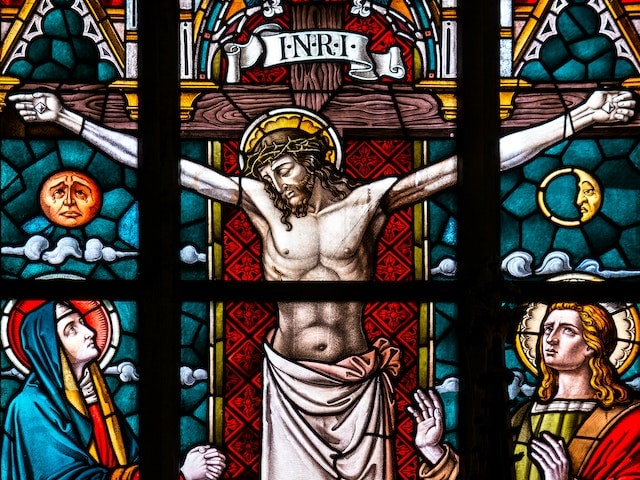
Gnosticism has been condemned as heretical by the authoritative figures and the Church Fathers of Early Christianity. The reason for declaring Gnosticism as hearsay was because of the Gnostic belief that the true god was a higher god of pure essence rather than the creator God.
The Gnostics also never blame humans for the imperfections of the earth like the other religions do, such as the fall of the first human pair from god’s grace in Christianity. They claim such a belief to be false. Instead, they blame the creator of the world for the flaws. And in the eyes of most religions where the creator is the sole God, this is a blasphemous view.
Another claim of the Gnostics that was rejected was the secret revelation of Jesus to his disciples rather than the apostolic tradition where Jesus gave his teachings to his original disciples who in turn passed it to founding bishops. According to the Gnostics, the experience of Jesus’s resurrection could be experienced by anyone who had prepared themselves through gnosis to understand the truth. This undermined the very basis of the Church and the need for clerical authority.
Another reason of the condemnation of Gnosticism was due to the Gnostic belief of the human body being evil as it consisted of physical matter. Christ appearing in the form of a human to communicate with humanity without a material body contradicted the crucifixion and resurrection of Christ, one of the central pillars of Christianity.
Further, the Gnostic scriptures praised the serpent of the Garden of Eden as a hero who revealed the secrets of the Tree of Knowledge, which was kept hidden by the Demiurge from Adam and Eve. This too was a major cause of Gnosticism being downplayed as hearsay.
Modern Links to Gnosticism
Carl G. Jung, the famous psychologist, identified with the Gnostics when he propounded his theory of the consciousness with the help of the Nag Hammadi library of Gnostic writings, a collection of thirteen ancient codices, discovered in Egypt. He considered the Gnostics to be the discoverers of depth psychology.
According to him and many Gnostics, the humans often construct a personality and sense of self which is dependent and changing as per the environment and is merely an ego consciousness. There is no permanence or autonomy in such an existence, and this is not the true self of any human. The True self or the pure consciousness is the supreme consciousness that exists beyond all space and time and contradicts the ego consciousness.
Gnostic writings include the Gospel of Truth, thought to be written by Valentinus, a Gnostic teacher. In this Christ is considered to be the manifestation of hope. Another text is the Gospel of Mary Magdalene, an incomplete text in which Mary conveyed the revelation from Jesus. Other writings are the Gospel of Thomas, the Gospel of Philip, and the Gospel of Judas. From these texts it is evident that Gnosticism emphasized on the teachings of Jesus rather than his death and resurrection.
In modern times, the religion Mandaeanism from ancient Mesopotamia is believed to have roots in the Gnostic teachings. It only survives among the Mandaean marsh dwellers of Iraq.
Wrapping Up
The teachings of Gnosticism still exist in the world in different forms. Although considered to be heretics, many of the teachings of Gnosticism have logical roots.




